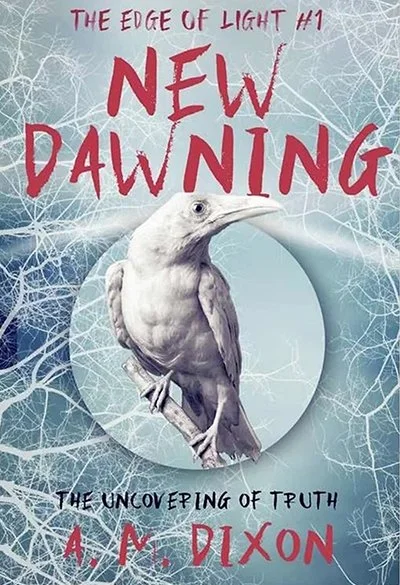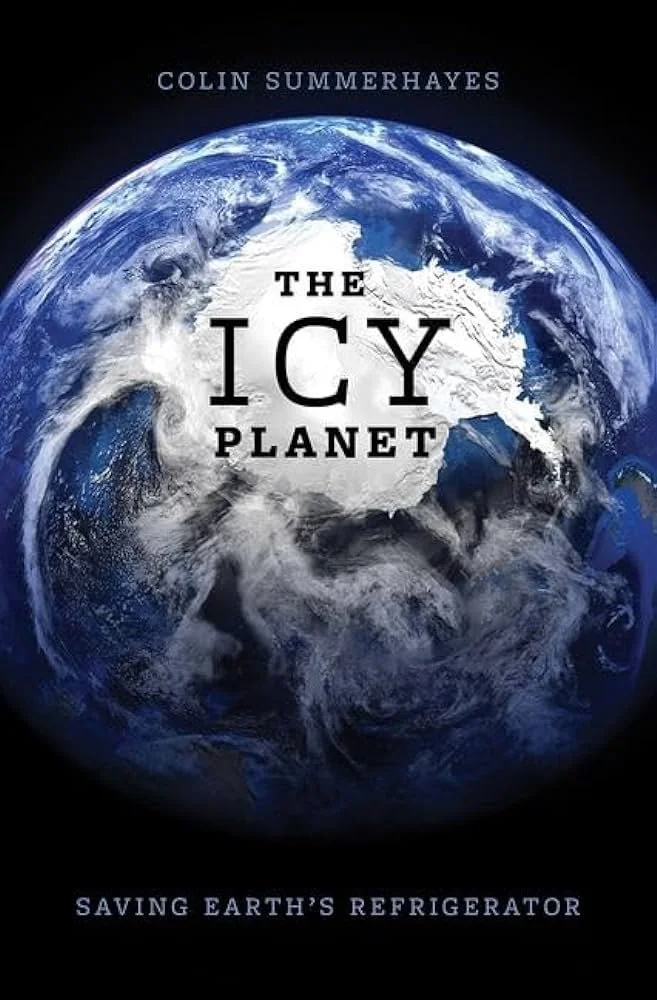Alumni in Print
A Brief History of the Countryside in 100 Objects
A Brief History of the Countryside in 100 Objects by Sally Coulthard (1994 Archaeology and Anthropology) is the untold story of rural Britain revealed through its artefacts. It will be published by Harper Collins in 2024.
For most of human history, we were rural folk. Our daily lives were bound up with working the land, living within the rhythm of the seasons. We poured our energies into growing food, tending to animals and watching the weather. Family, friends and neighbours were often one and the same.
Life revolved around the village and its key spaces and places—the church, the green, the school and the marketplace. And yet rural life is oddly invisible in our historical records. The daily routine of the peasant, the farmer or the craftsperson could never compete with the glamour of city life, war and royal drama. Lives went unrecorded, stories untold.
There is, though, one way in which we can learn about our rural past. The things we have left behind provide a connection that no document can match; physical artefacts are touchstones that breathe life into its history. From farming tools to children’s toys, domestic objects and strange curios, the everyday items of the past reveal fascinating insights into an often-forgotten way of life. Birth, death, celebration, work, crime, play, medicine, beliefs, diet and our relationship with nature can all be read from these remnants of our past.
Edge of Light 1:
New Dawning
Edge of Light 1: New Dawning by
A M Dixon (1995 MSc Environmental Change and Management) is the inaugural instalment of a young-adult, speculative-fiction trilogy that delves into themes of climate change and biodiversity loss. Dixon weaves a compelling narrative set in a future New Zealand, exploring the consequences of environmental upheaval through the eyes of a group of young scientists.
The story unfolds on a futuristic island amidst a sea, where the community grapples with the aftermath of floods and severe heat that has transformed their world. Inhabiting a twilight existence, the islanders adhere to traditions designed to restrict their population, known ominously as "the truth." Through the central character, Merel, readers are immersed in a world shaped by environmental challenges and societal decisions born out of necessity.
The story is a speculative glimpse into a future New Zealand, offering a unique perspective on how climate change and ecological crises might shape societies. Edge of Light 1: New Dawning introduces readers to a captivating world that blends environmental consciousness with the imaginative allure of speculative fiction, setting the stage for a trilogy that promises to explore the complex interplay between humanity and a changing world
Micro Business Entities and the Reform of Personal Property Security Law in Nigeria
Micro Business Entities and the Reform of Personal Property Security Law in Nigeria by Gregory Esangbedo (2017 Law) is a comprehensive examination of Nigeria's personal property security law reform. The book scrutinises the transition from the common law system to the unitary system of secured transactions, emphasising its potential to enhance credit access for micro-business entities. While the unitary system is celebrated for its positive impact on small businesses, Esangbedo adeptly highlights the limitations and drawbacks of the reform in achieving its intended objectives.
As the primary Nigerian text on the unitary system, the book caters to a broad audience, including law academics, practitioners, students, and financial regulators. It stands as a crucial resource for those involved in the credit system within and beyond Nigeria, offering valuable insights into the unique features of the unitary system compared to the common law.
Esangbedo's work extends its relevance to other countries contemplating similar legal reforms, serving as a guide by comparing the Nigerian enactment with similar reforms elsewhere. In the spirit of fostering improvement, the book conducts a meticulous analysis, pinpointing areas where the Nigerian enactment may have faltered and drawing potential lessons from comparable enactments. Overall, the book contributes significantly to the discourse on personal property security law reform and its implications for micro-business entities in Nigeria and beyond.
The Power of Placebos
The Power of Placebos by Professor Jeremy Howick (1995 Social Studies) is an exploration of the science of placebos and nocebos, presenting a transformative perspective on healthcare. Drawing on over two decades of research and data from 300,000 patients, Howick dismantles misconceptions surrounding placebos, revealing their effectiveness in reducing pain, alleviating symptoms, and even mitigating doctor burnout.
The book delves into the physiological mechanisms behind placebo effects, demonstrating how the brain can trigger the body's internal pharmacy to produce endorphins, dopamine, serotonin, and endocannabinoids. Howick emphasises that placebos go beyond mere positive thinking, serving as powerful tools in medical treatment.
While highlighting the positive impact of placebos, Howick also explores the dark side of healthcare—the nocebo effect. Negative expectations about treatment can lead to severe side effects, amplifying pain, nausea, and anxiety, and in extreme cases, resulting in Voodoo-style death.
The book provides an interdisciplinary perspective, integrating history, philosophy, ethics, and science, challenging traditional practices and advocating for the ethical use of placebos in clinical trials and their regular incorporation into medical practice.
The Icy Planet: Saving Earth's Refrigerator
The Icy Planet: Saving Earth's Refrigerator by Colin Summerhayes (1963 Geology), is a compelling exploration of climate change and its profound impact on Earth's icy regions. Written for a broad audience, the book delves into the complex interplay between greenhouse gas emissions, melting ice, and global warming, presenting a detailed narrative for the scientifically literate public and scientists alike.
The Icy Planet sheds light on the less-recognised consequences of melting snow and ice—the reduction of Earth's albedo, or reflectivity—which intensifies the capture of solar energy by land, sea, and air, especially in polar regions. The author emphasises the urgency of understanding this process, elucidating that the world is facing a double threat of global warming and decreased reflectivity in icy regions.
Taking readers on a journey to Antarctica, the Arctic, and high mountains, it vividly illustrates the consequences of melting ice and its role in regulating the planet's temperature. The book argues that achieving Net Zero, while often touted as a solution, is merely a temporary fix, maintaining a high level of greenhouse gases and perpetuating the cycle of warming, ice melt, and reduced reflectivity. Summerhayes instead proposes drastically cutting emissions to keep the global average temperature at or below the target of 1.5 degrees Celsius adopted at COP28.
The book serves as a comprehensive guide, urging collective action and providing a cautiously optimistic outlook on our ability to save Earth's refrigerator.










